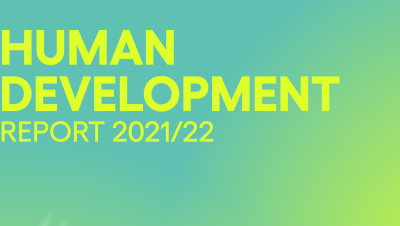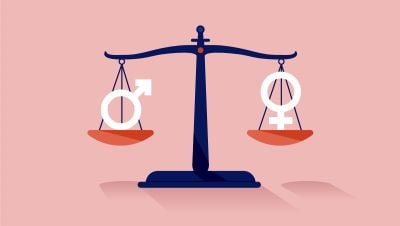It is an opportune moment to reflect on the importance of the first Human Development Report, twenty-five years ago. Human Development appeared as a concept in the midst of intense debates that were challenging both GDP growth as a measure of national progress and the Washington consensus. By putting the lives of people at the centre of development and economic thinking, it brought a revolutionary change in the way the world considers poverty and social injustices. Now, as we seek to develop the Development Sustainable Development Goals, we should be prepared to make equally radical responses to the changing context and the new challenges the world faces.
The vision in that first Human Development Report - based on Amartya Sen’s work - was to see development as the “process of enlarging people’s choices”. Development outcomes were to be measured in terms of people’s experiences: a long and healthy life, education, and a decent standard of living. This meant recognizing that development is as much about the quality of human life as it is about the quantity of economic growth: Development is more than economics.
But people care about what they can measure – especially policy makers – and so the development of the Human Development Index has been crucial in turning this concept into a meaningful tool, especially as the Index has evolved towards a multidimensional approach. National and thematic reports have then been persuasive as sources of annual analysis and a reference for development stakeholders. Organisations like Oxfam, who work with communities every day, have always known that development is all about people. But these tools have helped us persuade those in charge, to put people at the center, to defend the rights of individuals, to shape public policy, and to promote communities’ participation in political processes.
Twenty-five years on, human development remains a powerful and necessary concept. It is one we must constantly promote and champion, as the gravitational pull of GDP as the sole measure of success still draws in too many of our political leaders. We also need to explore improvements: People’s individual choices are severely limited by the global inequality crisis which is undermining social mobility in rich and poor countries alike, and so inequality measurements should be mainstreamed into the index.
Above all we must always strive to put the concept of human development into practice and make choice a reality in people’s lives.
Biography:
Winnie Byanyima is Executive Director of Oxfam International. She is a leader on women’s rights, democratic governance and peace building. She served eleven years in the Ugandan Parliament, and has served at the African Union Commission and as Director of Gender and Development at the United Nations Development Program. She co-founded the 60-member Global Gender and Climate Alliance and chaired a UN task force on gender aspects of the Millennium Development Goals, and on climate change.


